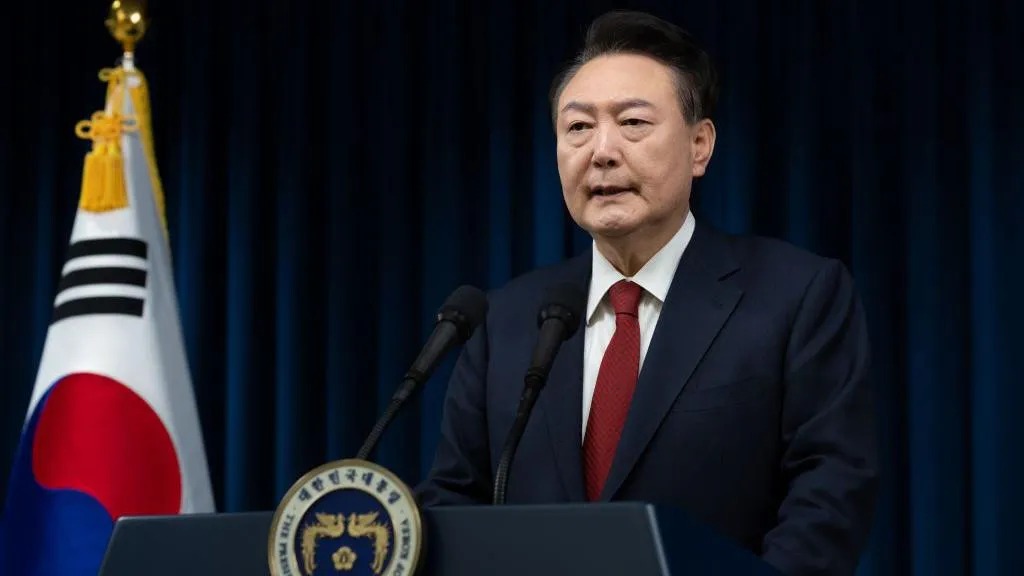
South Korea’s Suspended President Faces Backlash Over Pay Raise
Suspended South Korean President Yoon Suk Yeol has sparked widespread criticism after receiving a 3% salary increase despite being under impeachment. His annual salary now stands at 262.6 million won ($179,000), even as the nation grapples with political instability and public frustration over his martial law declaration in December.
The announcement has drawn public ire, especially as the increase outpaces the nation’s minimum wage hike of just 1.7%. Critics argue the decision underscores a disparity in leadership accountability amid ongoing impeachment proceedings.
Public Outcry Over President’s Pay Hike
Many South Koreans have expressed outrage on social media, questioning the fairness of the pay raise. One viral post highlighted:
“While the president gets 3%, workers see only 1.7%. What justifies this?”
This sentiment reflects a growing frustration with the government’s handling of the issue, further fueling protests in the capital, Seoul.
Political Deadlock Deepens
Yoon Suk Yeol, suspended but still holding office, has resisted investigations and blocked arrest attempts. Security forces at the presidential residence recently prevented investigators from reaching him, causing delays in legal proceedings.
Meanwhile, his critics demand accountability for the brief martial law declaration, while his supporters justify the move as necessary for national security.
Pay Comparisons and Broader Implications
In addition to Yoon, former acting president Han Duck-soo will also receive a 3% pay rise, bringing his salary to 204 million won ($138,000).
For perspective, the US president earns $400,000 annually, while the UK Prime Minister receives £172,000 ($209,000). These comparisons add to the criticism that South Korea’s leadership compensation does not align with its current political climate.
Protests and Public Sentiment
Thousands have taken to the streets, both supporting and opposing Yoon. While critics demand his removal and prosecution, supporters argue that his actions were necessary to protect South Korea’s democracy.
The issue has become a flashpoint for broader discussions about governance and leadership ethics in South Korea.
Conclusion: A Divided Nation
As South Korea’s constitutional court reviews Yoon’s impeachment, the controversy surrounding his pay rise continues to deepen public dissatisfaction. The debate highlights broader concerns over political accountability and fairness in governance.
The next steps in this political saga will determine not only Yoon’s future but also the direction of South Korea’s democratic principles.
External Link: BBC
Internal Link: Kenkou Land





